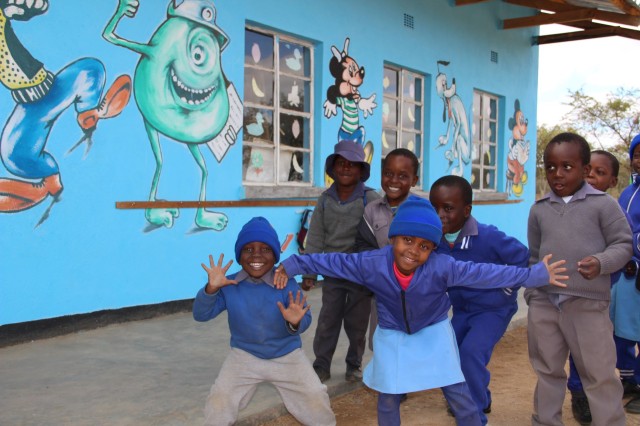Early Education in Malawi
Malawi is a landlocked country of south-east Africa exceeding 19.4 million inhabitants (2021). Its population grows almost 3% each year. Out of all the people living in Malawi, 3.7 thousand are aged between 15 and 24, and 8 thousand are younger than 14. Although living conditions in Malawi have improved over the last years, the country is still one of the poorest in the world. It ranks 171th out of 189 countries worldwide. These weak living standards are also reflected in the country's GDP per capita, which was US$ 367 in 2019. Another significant challenge for the country is its high HIV & AIDS prevalence, which has only decreased by approximately 1% in the last years and is still at a high percentage of 9% for the population aged 15 to 49 years.
In Malawi, the official age for pre-primary education is 3 to 5 years and children stay in primary school until they have reached their 11th birthday. Around 1.7 thousand children are in their pre-primary age. It is important that these children have the opportunity to go to school and receive quality education. Furthermore, it is one of the most critical factors to offer them a valuable future. Even though the gross enrolment rate in pre-primary schools is high with 81% and even higher in primary schools (86%), only 16% reach secondary school. This low number of children who stay in school can to some extent be explained with the high HIV and AIDS prevalence as mentioned above. Children whose parents suffer from AIDS are either infected or orphaned, which leaves them vulnerable in terms of nutritional, socio-emotional, psychological and physical status. This shows that even though attendance rates seem high, there are still many challenges to be tackled in terms of education in Malawi.
Concerning early childhood in Malawi, there is an estimate that 60% of all children cannot access a CBCC. Another problem is related to the quality of education. Just because children are going to school does not mean that they receive a good education from trained teachers. In fact, out of the 35,000 caregivers in Malawi, only 17,888 are trained.


